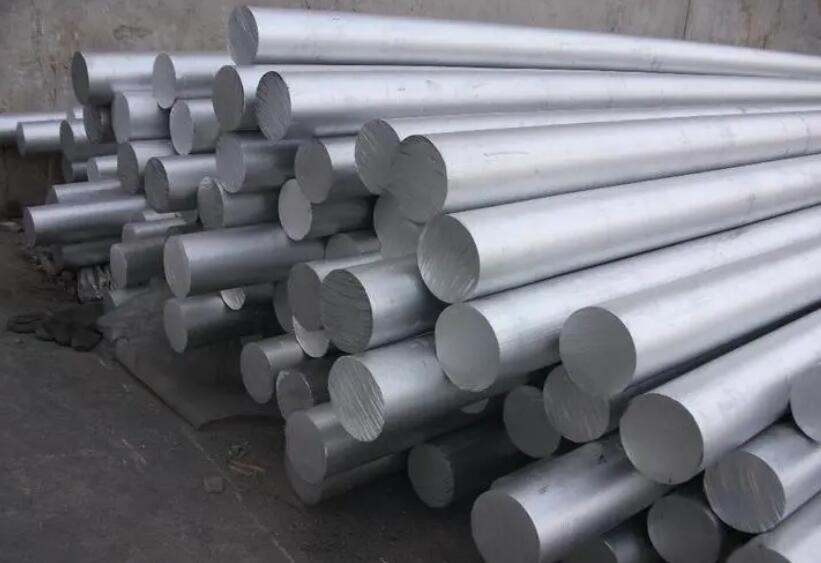Introduction
Alumina, or aluminum oxide, is a material renowned for its high melting point and thermal stability, making it indispensable in numerous industries. This article delves into the diverse applications of alumina, shedding light on its significance in various fields.
Alumina in the Ceramic Industry
In the world of ceramics, alumina plays a critical role as a reinforcing agent and filler. It significantly enhances the hardness and wear resistance of ceramic products, making them more durable and efficient for various uses.
Alumina in Refractory Materials
Alumina’s ability to withstand high temperatures makes it a key component in refractory materials. It is extensively used in the production of refractory bricks, cement, and other products that require high temperature resistance.
Alumina as an Abrasive Material
Aluminum oxide is a popular choice for creating abrasive materials such as sandpaper, grinding wheels, and abrasive discs. These materials are essential in the processes of grinding and polishing metals, wood, and glass, owing to alumina’s hardness and effectiveness.
Alumina in Plastics, Rubber, and Composites
Alumina serves as a valuable filler and reinforcement in plastics, rubber, and composite materials. By integrating alumina, these materials gain enhanced strength and wear resistance, broadening their applications and lifespan.
Alumina in Catalysts and Electronic Materials
In the fields of catalysts and electronic materials, alumina is used as a catalyst carrier, facilitating adsorption and catalytic reactions, particularly in petroleum processing and chemical production. Additionally, its insulating properties make it ideal for manufacturing electronic components like capacitors.
Diverse Applications of Alumina
Beyond these common uses, alumina finds its way into the production of artificial gemstones, anticorrosive coatings, and even cosmetics and pharmaceuticals. Its versatility extends to a range of less obvious but equally important applications.
Conclusion
Alumina’s multifaceted applications highlight its critical role in various sectors. From enhancing ceramic products to its use in advanced technology, alumina continues to be a key player in industrial development and innovation. Its unique properties not only contribute to its widespread use but also underscore its importance in the modern industrial landscape.
